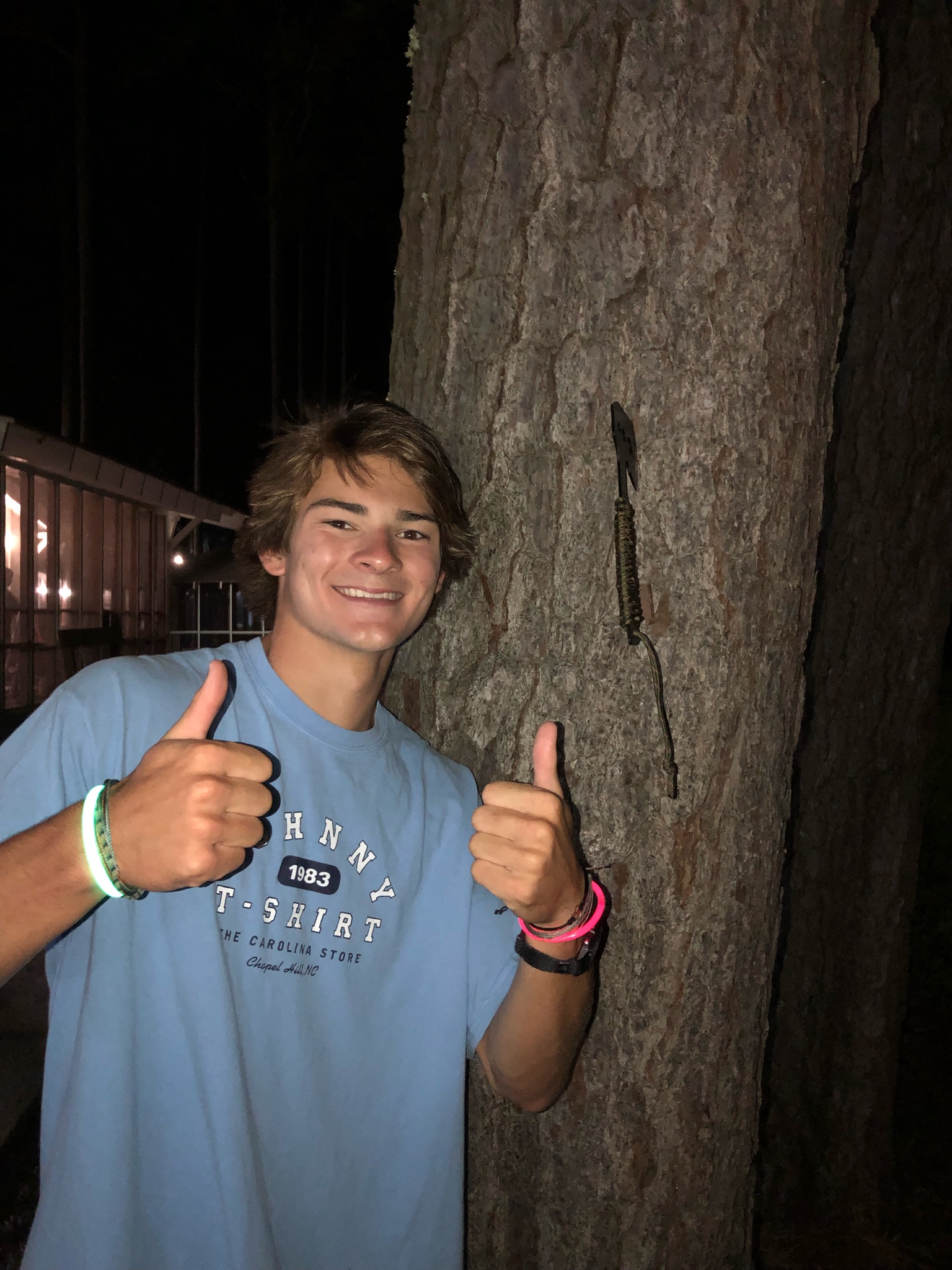Due to COVID-19, the world has receded into temporary lockdown, forcing businesses, schools, and universities to close. In these times of uncertainty and panic, universities search for ways to continue their classes. As college students return home from campus, distance education follows them home. Remote learning websites such as Zoom and Google Classroom are some of college’s main ways of distance education. For Leesville alumni, staying at home with parents the rest of the semester doesn’t seem to be a thrill. Students also don’t look forward to continuing classes through online remote learning.
Jack Nolan, student attending North Carolina State University, returned home from campus early April due to the coronavirus pandemic. As a sophomore at NC State, Nolan is currently studying human biology and minoring in Spanish and microbiology, and needs to continue his studies in order to complete the courses. Since NC State closed its campus, Nolan is forced to turn to online distance learning in order to continue his classes for the second semester.
With the transition, Nolan says the change to online school was difficult. “I would like to say that the transition was easy, but it really wasn’t. The professors did a good job doing their best to adapt classes to online formats, but ultimately it is difficult because of the change of routine. I was so used to going to class at specific times, and not having these exact schedules like before makes it easy to fall behind”, said Nolan. Not having a schedule frustrates Nolan, leading him to become annoyed and aggravated with his professors and workload.
Sidney Tucker, student attending Barnard College, also returned home from her New York City campus due to the coronavirus pandemic. Like Nolan, Tucker is forced to begin online classes in order to continue her second semester. Tucker claims the transition hasn’t been very difficult: “The transition academically hasn’t been very difficult because so much of the work that you do in college is done independently and on your own.”
Tucker believes the workload her professors give her online is steady and not overwhelming, for she is able to use online websites to continue working to her degree. Tucker says the transition to online classes has not deeply impacted her work efforts nor how her professor’s hand out work. “The switch hasn’t affected how my professors are teaching which makes the overall academic transition pretty easy so far,” said Tucker.
Although the academic transition seemed fairly simple, Tucker says the social transition is the hardest. “I had little notice, moving out and coming back home was more difficult than I thought. They (campus administrators) told me March 12 that all current classes would from then on be taken online for the rest of the semester and had strongly advised us to move out for the rest of the semester.” The same day, Tucker’s father drove up north to bring her back home. “I had only a few hours to pack up my stuff, and say goodbye to my friends. I do miss them, and we try to stay in touch over the phone, but it isn’t enough.”
Although Tucker’s academic transition seemed to be easy, the social portion of her transition seemed to affect her the most.
College students across the nation are greatly impacted by the coronavirus. Students like Nolan and Tucker seem to be coping fairly well with the transition from campus to home life, however the uncertainty and fear of the pandemic is what haunts them and others around the globe. The college students today are the future men and women running the future world, and if the pandemic continues, what is to come of their careers, the economy, and the world?

Hi! My name is Chase and I am a staff writer for The Mycenaean. Two fun facts about me are that I enjoy playing guitar with my dad and friends, and I also am a two-time spikeball tournament champion.

Leave a Reply